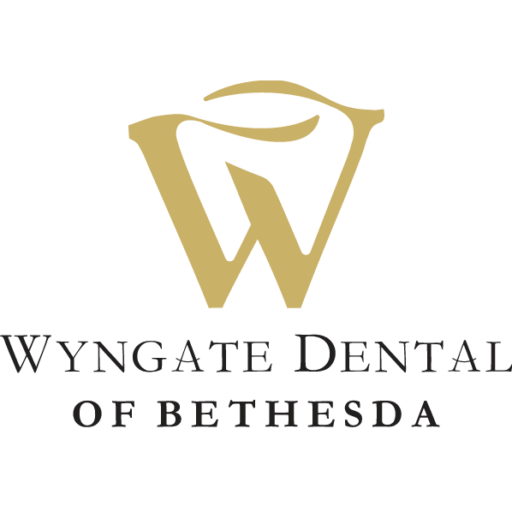Tooth extractions are routine dental procedures used to remove decayed, damaged or otherwise problematic teeth. Dentists usually make every effort to preserve natural teeth, although sometimes an extraction is necessary. Although the procedure is performed in a dentist’s or oral surgeon’s office, it is considered surgery. Depending on which teeth are removed, they may be replaced with a dental implant or another oral prosthetic.
Did You Know?
Did you know that tooth extractions are a common dental procedure performed to remove damaged, decayed, or overcrowded teeth? The procedure can be performed under local or general anesthesia and can cause some swelling, pain, and bleeding, but these symptoms can be managed with proper aftercare, such as pain medication and avoiding hard foods. Replacing extracted teeth with dental implants, bridges, or dentures can also help maintain proper chewing function and prevent shifting of remaining teeth. Regular dental check-ups can also help prevent the need for extractions by detecting and treating dental problems early.
Frequently Asked Questions
Do I need a tooth extraction?
There are several reasons why you could need a tooth extraction. The most common cause of tooth extractions is severe tooth decay and cavities. However, many patients also undergo extractions for impacted teeth – particularly wisdom teeth. Other causes for extraction include advanced periodontal disease, cracked teeth, and teeth that are severely malformed. Although many circumstances that require extraction are unavoidable, some could be prevented with regular visits to the dentist for exams and cleanings. However, only your dentist can tell you if you need a tooth extraction. To determine if an extraction is needed, schedule an appointment with our office today.
What should I expect during my tooth extraction appointment?
If you and your dentist decide to extract one or more teeth, you will be scheduled to return for oral surgery at a later date. You will be given a local anesthetic to prevent pain during the procedure, and you may be prescribed medications to help manage pain in the hours following your extraction. Depending on the nature of your extraction and other factors, such as whether your teeth are impacted, you may also be sedated or given general anesthesia during your procedure.

